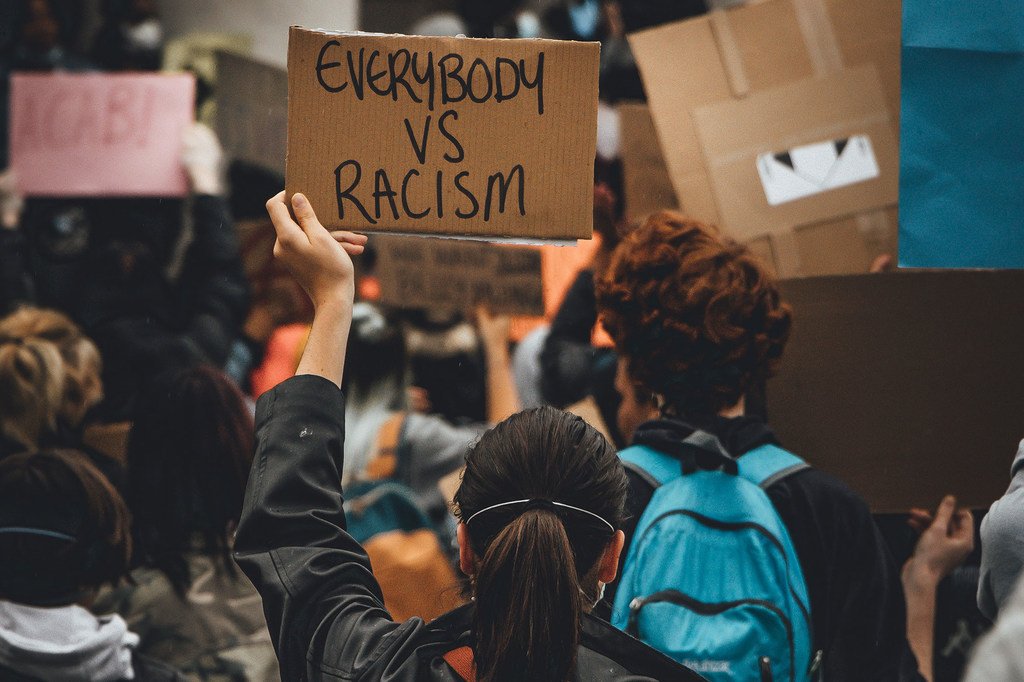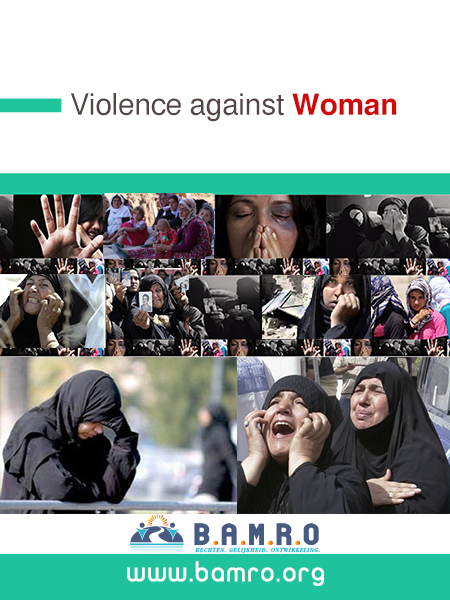Vote
-
For further training via the Zoom program or at our office? ?
Register a
Violation
We you
Contact youS.O.S.
0032 02 7322568
Michelle Bachelet: "States must stop denying racism and end impunity"
In the fight to eradicate systemic racism, states must first begin to stop ignoring it, says Michelle Bachelet, the UN High Commissioner for Human Rights.
"I call on all states to stop denying racism and begin to dismantle it, to end impunity and build trust, to listen to the voices of people of African descent, to confront the legacy of the past and to offer reparations," she said in a statement.
According to her, "only approaches that address both endemic law enforcement gaps and systemic racism - and its origins - will do justice to the memory of George Floyd and so many others whose lives have been lost or irreparably affected." "The status quo is unacceptable," Bachelet said when publishing a report by the UN High Commissioner for Human Rights(OHCHR)commissioned by the UN Human Rights Council.
190 deaths examined including those of George Floyd or The Frenchman Adama Traoré
For the former President of Chile, it was a question of adopting a comprehensive and not fragmentary approach to dismantling systems rooted in centuries of discrimination and violence. "We need a transformative approach that tackles the interrelated areas that fuel racism and lead to recurring and preventable tragedies, such as the death of George Floyd," she added, noting "the critical importance of marking a turning point for racial equality and justice."
On June 25, Derek Chauvin, the white police officer who suffocated and killed George Floyd, was sentenced to 22 and a half years in prison. The Human Rights Council last year commissioned Bachelet to address systemic racism after the murder of George Floyd and the mass Black Lives Matters protests that followed around the world.
Ms. Bachelet's teams examined 190 deaths of people of African descent around the world, attributed to law enforcement agencies.
OHCHR staff also engaged with the relatives of seven victims, including those of George Floyd and Frenchman Adama Traoré. It also studied in detail the cases of the murders of Luana Barbosa dos Reis Santos and João Pedro Matos Pinto (Brazil); Breonna Taylor (USA); Kevin Clarke (United Kingdom); Janner (Hanner) and García Palomino (Colombia).
Excessive police surveillance of black populations
Bachelet's teams also spoke with 340 people and representatives from 110 states. In examining deaths attributable to law enforcement agencies in different countries with different legal systems, the report found trends and "striking similarities", particularly with regard to the obstacles that families face in accessing justice.
People of African descent and their families suffer "a disproportionate and discriminatory impact" from law enforcement and justice agencies, the High Commissioner said in her report. They are targeted in particular during minor offences, checks and arrests, but also actions on mental health and anti-drug devices. In most cases, those killed did not pose threats to the police.
The report also mentions concerns about "excessive police surveillance of Black people and populations. This makes them feel more threatened than protected," citing treating children as delinquents as a major problem.
Economic and political marginalization
In this context of "excessive police surveillance of Black people and populations," many of the families of those who died as a result of interaction with law enforcement also felt "continually betrayed by the system" and expressed a "profound lack of trust."
"Several families have described to me their agony in their quest for truth, justice and reparation, as well as the distressing presumption that their loved ones somehow 'deserved' it," Bachelet said, saying that "this has to change."
More broadly, this systemic racism also translates, for people of African descent, into "economic and political marginalization". "People of African descent do not have the same access as others to education or quality health care, or find themselves underrepresented in society," the OHCHR report, which urges States to "adopt measures that mobilize all governments, with plans provided with adequate resources."
UN supports "apology" and follow-up mechanism
And to achieve this, "States must demonstrate greater political will to accelerate efforts to promote racial justice, reparation and equality, by making specific and time-bound commitments to achieve results". The aim is "to reimagine the maintenance of law and order and reform the criminal justice system, which have consistently had discriminatory effects on people of African descent".
On another level, Ms. Bachelet called on the Human Rights Council to establish or strengthen a specific time-limited mechanism to promote racial justice and equality in the context of law enforcement around the world.
More generally, the High Commissioner stressed the importance of "demystifying the false narratives that have led to a succession of racially discriminatory policies and systems persisting and that have allowed individuals and Governments to deny both what is still happening today and what has happened in the past". "Only approaches that address both endemic law enforcement gaps and systemic racism – and its origins – will do justice to the memory of George Floyd and so many others whose lives have been lost or irreparably affected," the UN human rights chief insisted.
Listings
- 1
- 2
- 3
- 4
- 5









